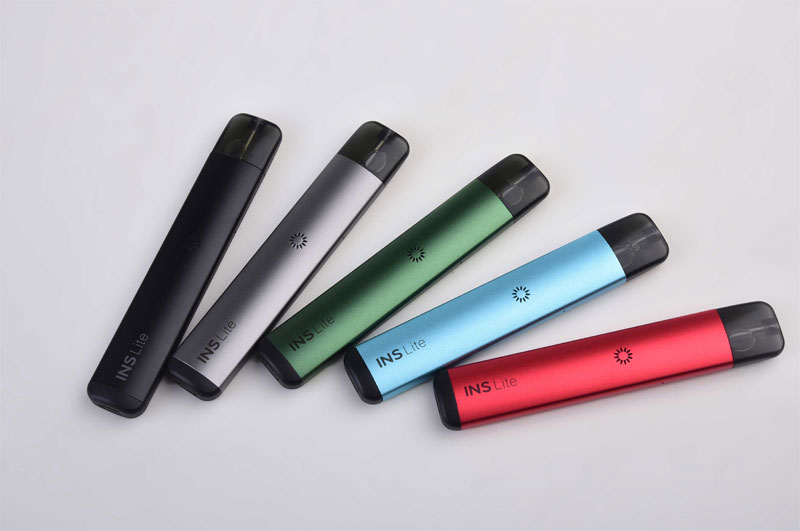
In a world where personal choices are ever-evolving, electronic cigarettes have emerged as a prominent alternative to traditional smoking. Whether you’re an entrepreneur seeking to capitalize on this trend or a consumer looking for more options, understanding how to obtain an electronic cigarette license is crucial. As businesses navigate regulations and market dynamics, acquiring this license becomes a pivotal step in unlocking opportunities.
Understanding the Importance of Electronic Cigarette Licenses
Electronic cigarette licenses are more than just a legal formality; they are your gateway to entering a rapidly expanding market. With increasing awareness of health risks associated with traditional smoking, consumers are opting for e-cigarettes as a safer choice. However, entering this market requires compliance with specific regulations. A license signifies that your products meet safety standards and legal requirements, instilling confidence in your potential customers.
What is an Electronic Cigarette License?
An electronic cigarette license is an official permission granted by government authorities, allowing businesses to manufacture, distribute, or sell e-cigarettes. This license ensures that your operations adhere to set guidelines, safeguarding public health while promoting responsible sales practices. Without it, businesses risk hefty fines or shutdowns, hindering their potential to thrive in the e-cigarette industry.
Navigating the Regulatory Landscape
Obtaining an electronic cigarette license is not just a one-time effort; it involves ongoing compliance with regulations. These regulations aim to control the quality and distribution of e-cigarettes, balancing market growth with consumer safety. Regular updates and amendments to laws mean businesses must stay informed and adaptable.
Different regions may have varied licensing requirements, ranging from federal to local levels. It’s advisable for entrepreneurs to familiarize themselves with these regulations by consulting governmental websites or legal experts specializing in tobacco control policies.

- Research the licensing requirements specific to your region.
- Ensure compliance with health and safety standards.
- Regularly review regulatory changes to remain compliant.
Steps to Obtain Your Electronic Cigarette License
The journey to acquire your electronic cigarette license, though initially daunting, can be simplified by breaking it down into actionable steps.
- Understand the Specific Needs: Determine what type of license your business requires depending on your role, whether as a manufacturer, distributor, or retailer.
- Prepare Your Documentation: Gather all necessary documents, including safety reports, product specifications, and business plans. Double-check for accuracy and completeness to avoid delays.
- Submit Your Application: Apply through the formal channels provided by your local regulatory body. Ensure that your application is thorough and responsive to all requirements.
- Engage in Ongoing Compliance: Once your license is granted, comply with all operational and safety standards. Regular audits may be necessary to affirm your commitment to legal practices.
Anticipate Possible Challenges

While pursuing an electronic cigarette license, be prepared for potential hurdles such as complex paperwork, fluctuating government regulations, or financial constraints. Being proactive and seeking expert advice can mitigate these obstacles.

Benefits of Holding an Electronic Cigarette License
Possessing this license not only opens doors to business but also fosters community trust. A licensed business is viewed as credible and ethical, attracting more customers and partners who prioritize safety and legality.
Licensed vendors often report increased consumer confidence, leading to heightened sales and market presence.
Moreover, a license enables your business to align with industry standards, enhancing product quality and contributing to positive public perception.
FAQs About Electronic Cigarette Licenses
Q: Why are electronic cigarette licenses important?
A: They ensure product safety and legal compliance, protecting consumers and business interests.
Q: How long does it take to get a license?
A: The timeline can vary based on region and preparation. Generally, allow several weeks for processing.
Q: Can I operate without a license?
A: Operating without a license is illegal and can lead to fines or business closure.